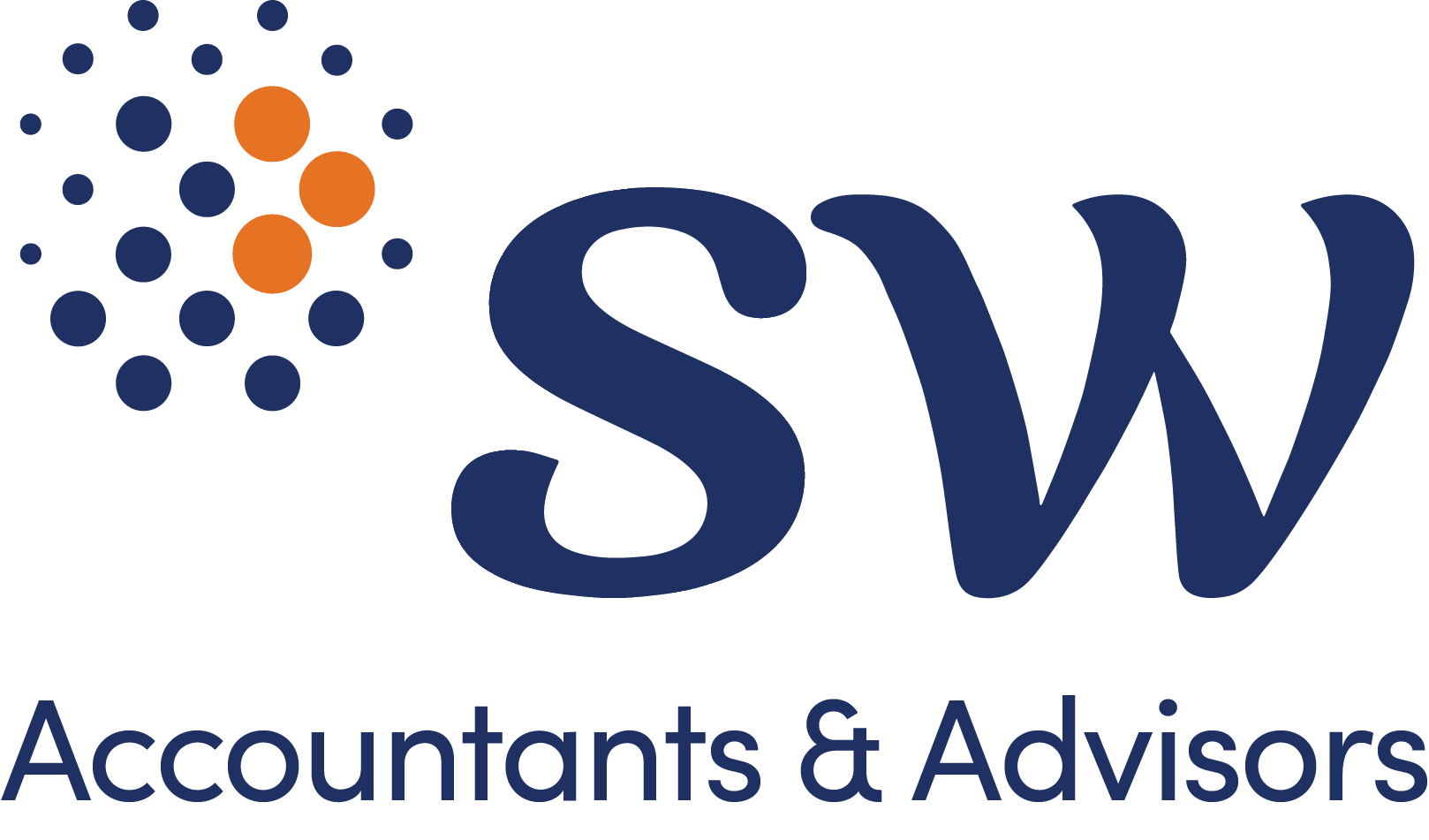
Government moves forward with crypto – payments reform
07/04/2022
New applications of blockchain-based technologies are continuously evolving, leaving many governments racing to implement suitable frameworks for the interactions of these technologies on their economies and domestic payment systems.
The increased accessibility and uptake of digital assets by personal, retail, wholesale and institutional investors throughout 2021 has had global regulators playing catch up and in Australia, crypto assets and associated platforms have become increasingly mainstream.
Driven predominantly by evolutions in global payment technologies, several domestic industry reviews have culminated in the final report and recommendations from the Senate Select Committee on Financial Technology and Regulatory Technology in 2021.
The Australian Government announced on 21 March 2022 that the next stage of the reforms to Australia’s payment systems are now being progressed. Industry feedback is being sought for crypto asset licensing and custody requirements by the end of May, including terms of reference for the taxation of digital transactions and assets.
Existing legal and regulatory challenges with crypto assets
There has been some legislative reform related to digital currencies with regard to GST, and whilst the Australian Taxation Office (ATO) has provided some guidance on the income tax treatment of crypto and digital assets, this has been particularly limited given the prevalence of crypto ownership in Australia.
The inability of the ATO to provide comprehensive binding guidance is due, in part, to the fact that crypto includes a broad range of tokens and other ‘things’ with different rights, entitlement and obligations. Therefore without a specific crypto regime it is difficult for the ATO to administer the law in a consistent and sensible way.
ASIC has also provided some guidance from an investment asset and corporations law point of view. For the most part, however, crypto investments will tend to fall outside of the ambit of the Corporations Act, and therefore effectively outside ASIC and the government’s control.
In terms of financial reporting, the Australian Accounting and Standards Board (AASB) has not provided any interpretive view on the classification of crypto assets in Australia. The International Financial Reporting Interpretations Committee (IFRIC) has considered this issue and has provided an interpretation that crypto will either be regarded as an intangible asset or trading stock, subject to its use. Importantly it will not be classified as a financial asset in any circumstance.
The AASB is relying upon the IASB to set the standards in this area and is following their interpretation. Such an interpretation does itself cause challenges for crypto as an investment class for its tax treatment where it is held as an investment asset in an Australian managed fund.
On the whole, tax and other regulatory reform for crypto/digital assets is now a necessity.
Board of Taxation review
A review by the Board of Taxation into the appropriate policy framework for the taxation of digital transactions and digital assets, including cryptocurrency and non-fungible tokens (NFTs), is due for completion by 31 December 2022. Considering the pace of innovation in the sector, the landscape may look quite different by this time again.
The review is being conducted on the basis that it will not increase the overall tax burden.
The terms of reference for this review have been released by the Government. Specifically, the Board is asked to:
- consider the current Australian taxation treatment of digital assets and transactions and emerging tax policy issues
- consider the awareness of the taxation treatment by both retail and wholesale investors and those transacting in digital assets as part of their business
- consider the characteristics and features of digital assets and transactions in the market, including the rapid evolution of technology supporting the broader digital asset ecosystem
- analyse the taxation of digital assets and transactions in comparative jurisdictions and consider how international experience may inform the taxation of digital assets and transactions in Australia, and
- consider whether or not any changes to Australia’s taxation laws and/or their administration are warranted in the context of digital assets and transactions, both for retail and wholesale investors.
We expect the Board to consult with taxpayers, tax representative bodies, industry stakeholders, and academics both domestically and abroad, and carefully consider experiences from other governments in regulating and enforcing the taxation of these forms of transactions and assets.
Looking forward
This move by the Government signals an increasing desire for Australia to be at the forefront of technology and innovation, and we are excited to see what the Board of Taxation releases following this review.
In the meantime, the range of guidance provided by the ATO and other regulatory authorities attempts to apply existing principles to the tax and accounting process of these assets.
SW experts are fully across these principles and continue to advise and work with a range of clients working with digital assets of all kinds. Reach out to your SW contact or the SW Digital Assets team for a complimentary consultation to see how we can assist you.

